Published on March 20th, 2023
History of women in STEM
10 minute read

Recognizing women's contributions to science, technology, engineering, and math
They struggled, broke boundaries, and pioneered discoveries and ideas. And they were women.
For as long as humans have labored in the pursuit of knowledge, women have worked to advance human development – furthering the fields of science, mathematics, chemistry, and engineering.
We at Promethean believe innovation happens when young, inquisitive minds are empowered to grow. We don’t just develop the technology to use in the classroom. We further a culture of academic growth, diversity, and empowerment.
This Women’s History Month, we would like to take the time to highlight some of the incredible minds that revolutionized their respective fields, as well as those leading the next generation of women in STEM.
Founding mothers of STEM
Hertha Ayrton (Engineering, physics, mathematics)
Born Phoebe Sarah Marks in 1854 on the coasts of Portsea, Hampshire, Hertha would go on to change her name and study at Girton College at Cambridge. Forming an intense interest in mathematics, engineering, and general sciences, she became one of their brightest pupils.
During her time at Girton, Hertha would invent her own blood pressure monitor, create the very first Girton Fire Brigade, and even co-founded a mathematics club. Later in life, she worked to solve a persistent issue with electrical arc lighting, observing that the light’s flickering was caused by oxygen interfering with the bare carbon rods of the lightbulb.
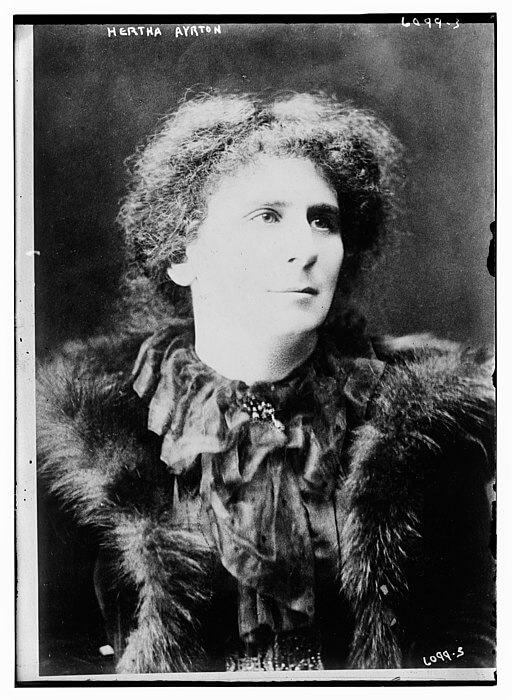
Among several other honors, Hertha is also recognized for the invention of the Ayrton Fan – a device used to help keep the trenches of WWI safe from poisonous gasses. Over 100,000 copies of her invention would be used on the allied Western Front, saving thousands of lives in the process.
Lillian Moller Gilbreth (Psychology, engineering, education)
Lillian holds the distinction of being one of the first women to ever earn a Ph.D. She is often cited as one of the very first psychologists to devote themselves to the fields of industry and professional organization.
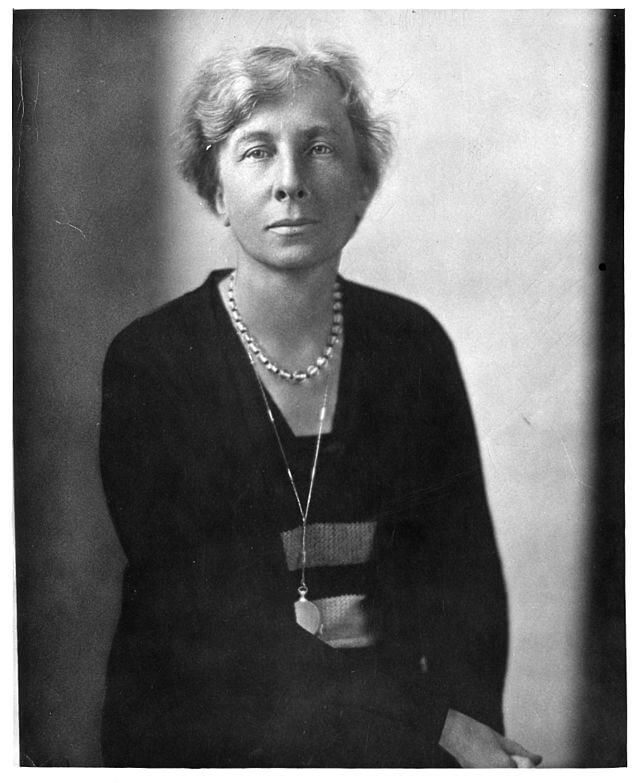
Born in Boston, Massachusetts, Lillian worked throughout the early 20th century to develop her psychological theories and their potential management applications. This eventually culminated in the creation of her Time and Motion Study – a business practice modeled for efficiency and strategic management.
These techniques still form a vital part of scientific and business management theory even today.
Grace Hopper (Computer science, technology)
Rear Admiral Grace Murray Hopper was one of the country’s leading computer developers and programmers for nearly fifty years. With a career spanning the 1930s through the 1980s, her most significant achievement relates to her development of English-language programming languages.
Prior to Hopper’s designs, computer programming language was written in mathematical notation. Her changes made the field infinitely more accessible, and her coding language, COBOL, is still used by businesses around the country to this day.
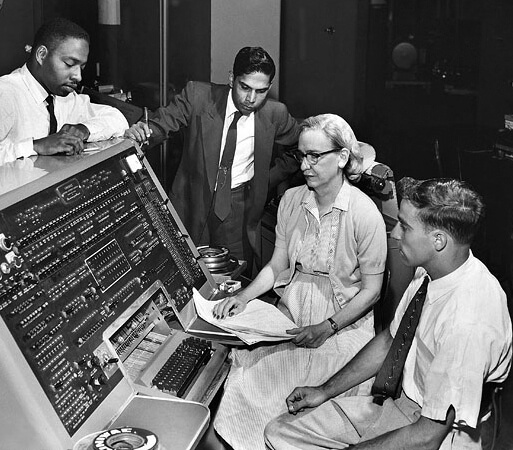
Grace Hopper’s legacy can be seen even today in cloud-based teaching products like Promethean’s ClassFlow, which helps deliver a real-time learning experience for remote and hybrid learners.
Dorothy Wrinch (Biochemistry, mathematics)
A math major studying at Girton College at the University of Cambridge in 1913, Dorothy would study alongside many engaging minds such as Godfrey Hardy and Bertrand Russell. Her work at the institution would go on to surpass even that of her contemporaries, as she published more than 20 papers on mathematics and 16 on the scientific method in just 14 years.
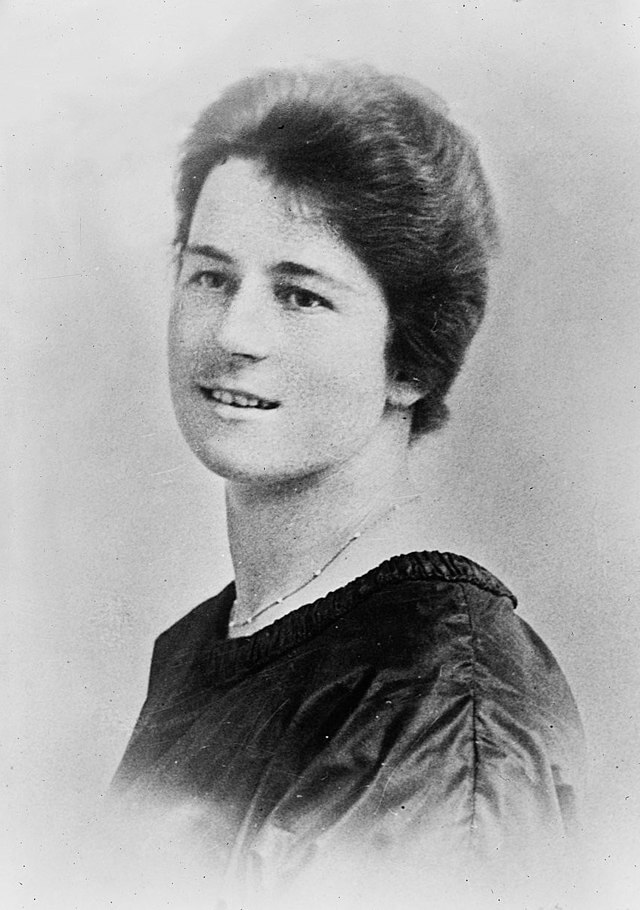
Dorothy is most well known as the mother of the “cyclol structure” – the first structural model ever developed to describe folded, globular proteins. Her work would later form the foundation for Watson and Crick’s famous findings of the DNA double helix structure in the 1950s.
The present and future of women in STEM
Virginia Holsinger (Chemistry, nutrition)
Virginia H. Holsinger was an American chemist best known for her tireless work in the dairy industry and on the issue of food security.
During her career, Holsinger made many crucial developments in the dairy industry, creating shelf-stable milk alternatives made from whey and soy. Her discoveries lead to the creation of a powdered grain blend that can be used during famines and droughts.
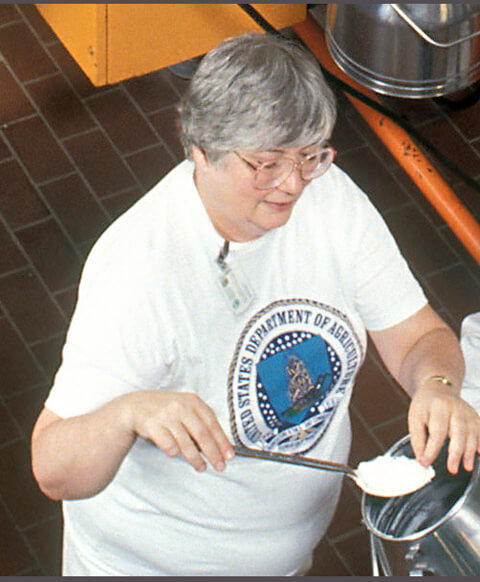
Her later work would serve to form the basis of the creation of Lactaid – a pharmaceutical that uses the lactase enzyme to help make milk products digestible to the lactose-intolerant.
Mae Carol Jemison (Medicine, engineering, astrophysics)
Mae Carol Jemison is not just a doctor, an engineer, or an astronaut – she is all three. Earning her degree in Chemical Engineering in the 1980s, she would go on to graduate medical school and practice medicine for years before spending two years working in the Peace Corps.
In 1992, Jemison would make history as the first Black woman to travel to space. After being accepted to NASA as a mission specialist, she spent 190 hours in space on the Shuttle Endeavour, making her one of the only astronauts who is also an M.D.
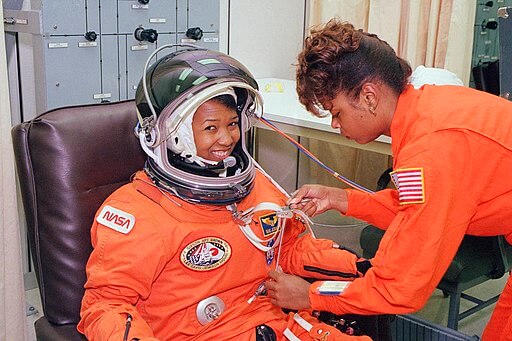
After leaving NASA, Mae Jemison would go on to have a prolific career promoting her work and contributions to the field of medicine and astrophysics. Dr. Jemison even made several TV and film appearances, including Star Trek: The Next Generation.
Ellen Ochoa (Astrophysics, engineering)
Born in 1958, Ellen’s curious mind and indomitable spirit would take her far in life. An academic career in physics and electrical engineering eventually brought her to NASA, where Ellen would make history in 1993 as the very first Hispanic woman to go to space.
After serving as the Director of the Johnson Space Center for five years, Ellen continues to promote the growth of women and girls in STEM fields.
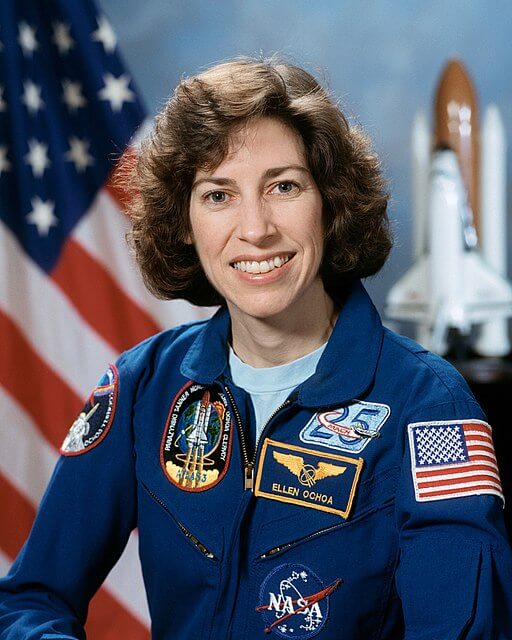
Empowering women and girls in STEM
The number of great women who have made significant contributions to the fields of STEM are too many to count. While some may not get the recognition of their male contemporaries, it is undeniable we would not be where we are today were it not for the tireless effort and indomitable bravery of the women mentioned in this list.
While society has made great strides in recent years to empower young girls and women to enter the STEM field, there is still work to be done. That is why Promethean works to inspire the next generation of women leaders by giving them the tools they need to succeed.
In 2021 alone, Promethean donated dozens of ActivPanel interactive displays to schools in need and non-profit organizations across the world. Our commitment to promoting diversity and inclusion is pervasive throughout Promethean – extending from our workplace to the classrooms we help enhance.
Quality of education matters. The future female leaders of STEM need all the support and resources they can get. That’s why our suite of teaching software works to give educators the support they need to empower their students.
When it comes to building a love for learning and technology, no one does it better than Promethean. Find out why thousands of teachers across the country are using Promethean edtech tools to influence the next generation of women in STEM.
Request a demo today to see the Promethean ActivPanel in action.




